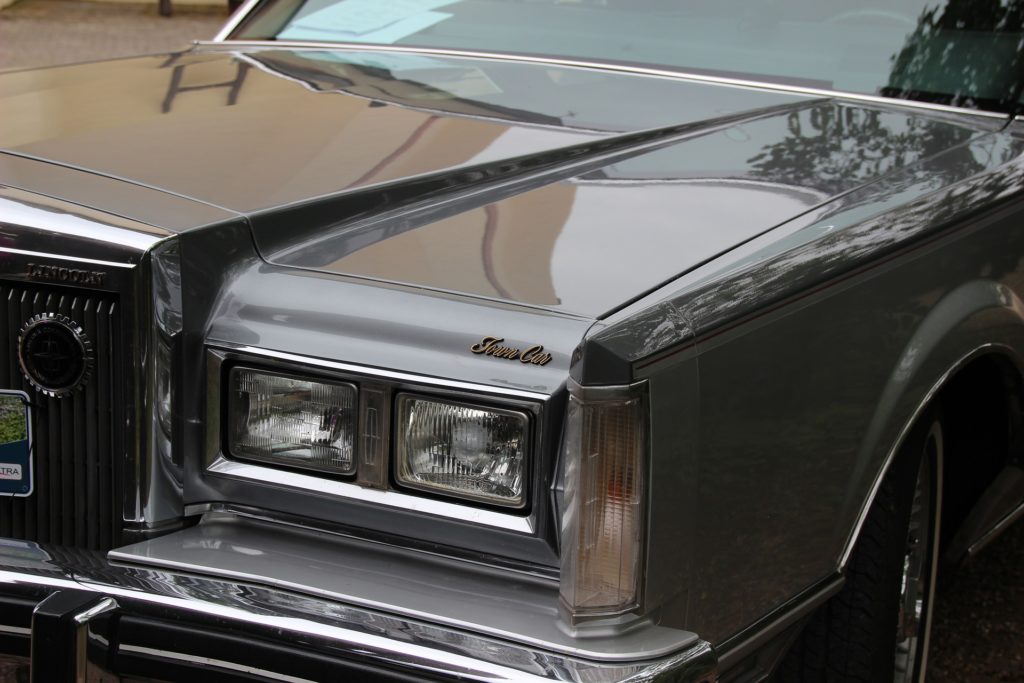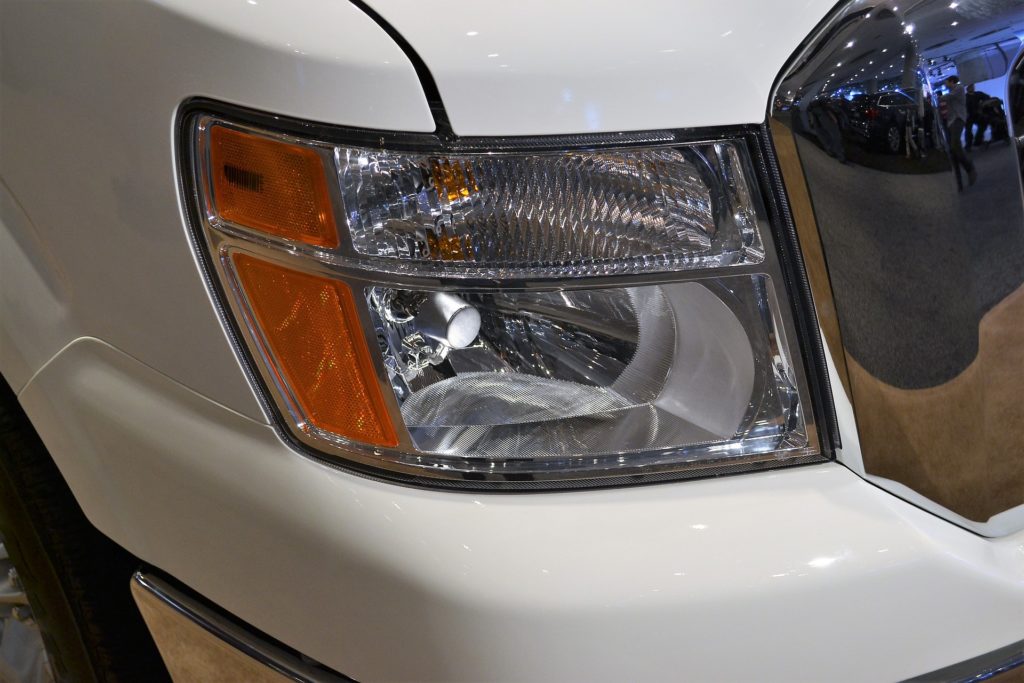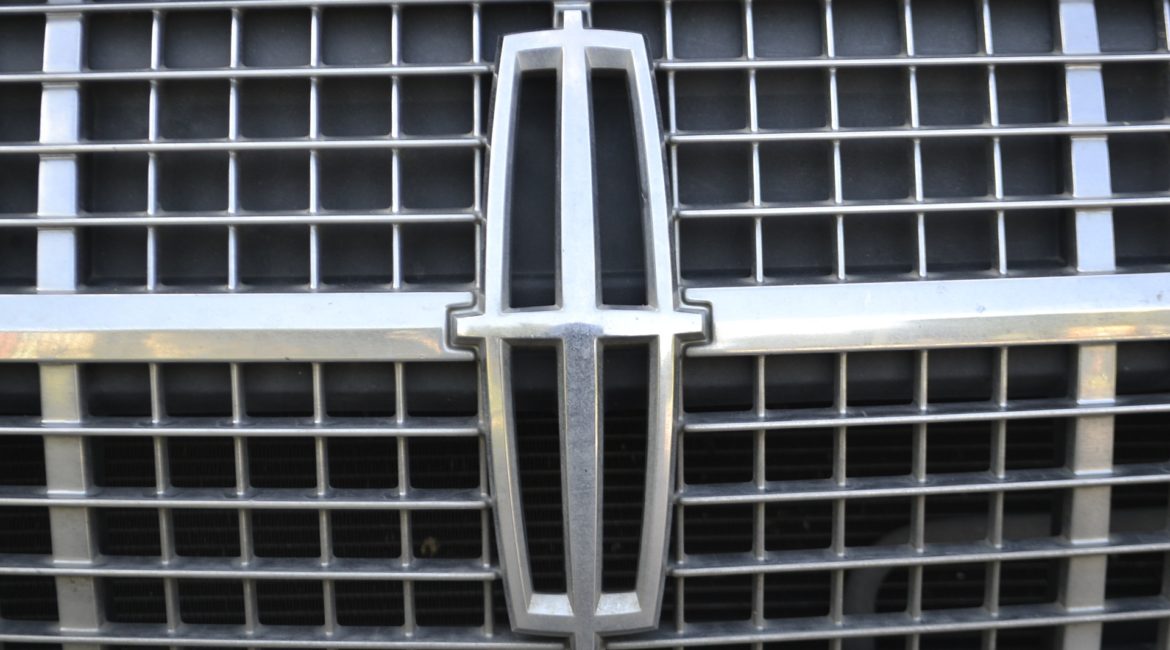Don’t take a chance with the parts that make up the foundation of your Lincoln.
It is common practice in our industry for each vehicle manufacturer to provide “Position Statements” that explain the best methods for repairing their makes and models.
In the event of structural repairs, Lincoln has released a Position Statement recommending that only Original Equipment Manufacturer (OEM) parts be used on their vehicles:
“The Lincoln Motor Company only approves repairs to structural components – (including frames, rails, aprons and body panels) – that are completed using Lincoln published repair procedures and The Lincoln Original Equipment Parts. Failure to follow these instructions will adversely affect structural integrity and crash safety performance, which could result in serious personal injury to vehicle occupants in a crash.”
Lincoln is explaining clearly and directly that your safety might be in jeopardy if you choose to use any replacement structural parts on your vehicle besides Lincoln OEM parts.

How are structural parts different from any other parts?
Structural parts include floor elements, body panels, frame rails, and more that basically hold your vehicle together.
It’s especially important to preserve the integrity of your structural components, as they are the sections of your car that can help minimize damage in the event of a collision. These parts are designed with crush zones that are intended to absorb the energy in a collision, giving you and your passengers additional protection.
Here’s the problem with non-OEM structural parts.
There are plenty of aftermarket, recycled, and salvage structural parts available, but none of them will ever be as reliable or as structurally sound as new OEM parts.
Aftermarket parts are developed to fit a range of makes and models, so they may not fit the exact specifications for placement on a Lincoln. That means a technician would have to bend, heat, and employ other creative methods to get the part to fit properly.
Recycled and salvage parts might seem like a good idea, but keep in mind that it’s nearly impossible to determine the quality of their condition by the time they arrive to you. They might be from a car that was already involved in a collision or experienced extreme weather fluctuations or simply survived general wear and tear.
Even upon close inspection, it’s often impossible to see all the microscopic damage a salvage part might have endured. Even very minor discrepancies in material or shape can cause a structural part to become less effective and, therefore, less safe to use on your vehicle.
It’s dangerous to use anything besides OEM parts in your repair.
The engineers at Lincoln have carefully designed their structural parts to work together seamlessly. According to Lincoln:
“The structural component repair procedures and repair-specific parts approved by Lincoln have been validated through testing by Lincoln engineers to return repaired vehicles to the intended level of form, function, performance and safety as our engineers originally specified. Alternative structural component repair procedures and/or parts approved by others are not approved by The Lincoln Motor Company. Should alternative structural component repair procedures and/or parts be used, repairers should be aware of the potential liability they incur.”
They are saying that disrupting even one structural element could throw the whole system off, leading to major problems down the road, including poor vehicle performance and less protection in a collision.
There’s no sense in taking chances with your safety.
OEM parts are higher quality than aftermarket parts. OEM parts have also never been used, never been exposed to the elements, never been rendered defective by improper disassembly like recycled or salvage parts.
New structural parts are made to function optimally on your vehicle, increasing your car’s performance and your personal safety.

While other shops might disregard Lincoln’s recommendations, we respect this information because we care about the quality of your repair.
If you’re in a collision and need to take your Lincoln to a shop for repairs, it only makes sense that you would want the job to be done as safely, efficiently, and cost-effectively as possible. At our shop, one of the ways we can ensure the best possible repair for our customers is by adhering to the recommendations of each vehicle’s manufacturer.
It might be surprising to you, but collision repair shops are not required to follow the manufacturer’s instructions. There’s no one actually enforcing these Position Statements, so manufacturers are putting their trust in us to do as they recommend.
At our shop, we genuinely care about every repair we do. Because of this, we make sure to follow Lincoln’s recommendation of using new replacement structural parts, instead of taking chances with aftermarket and salvage components.
It is our mission to do what’s best for your vehicle’s performance and for your safety.

